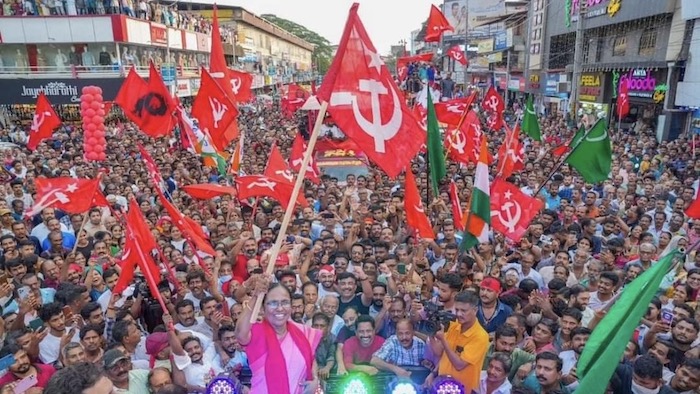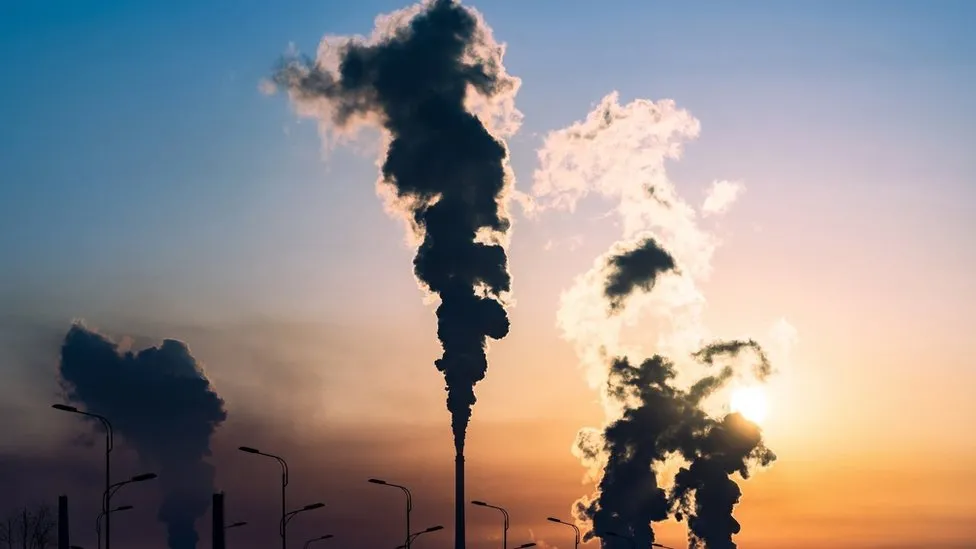UN Food Chief Says Northern Gaza Suffering ‘Full-Blown Famine’
Original article by BRETT WILKINS republished from Common Dreams under Creative Commons (CC BY-NC-ND 3.0).

“And it’s moving its way south,” she warned.
United Nations World Food Program Executive Director Cindy McCain said Friday that Palestinians in the northern Gaza Strip are experiencing “full-blown famine” after nearly seven months of Israeli bombardment and invasion—and that deadly malnutrition is “moving its way south” through the embattled enclave.
While U.N. agencies have warned since March that famine was imminent in Gaza, McCain’s remarks—which came during an interview with Kristen Welker that is scheduled to air on Sunday’s edition of NBC News‘ “Meet the Press”—make her the most high-profile international official to date to publicly acknowledge a state of famine in parts of the Palestinian territory.
“It’s horror,” said McCain, who is American. “There is famine—full-blown famine—in the north, and it’s moving its way south.”
McCain’s remarks come as hundreds of thousands of Gazans are on the brink of starvation. Dozens of Palestinians—the vast majority of them children and infants—have already died of malnutrition and dehydration in northern Gaza.
According to Palestinian and international officials, Israel’s 211-day assault on Gaza—which many experts including Israelis call genocidal—has killed or maimed more than 123,000 Palestinians since the Hamas-led October 7 attacks, including an estimated 11,000 people who are believed to be dead and buried beneath the ruins of the hundreds of thousands of destroyed or damaged homes and other buildings.
In addition to not allowing adequate humanitarian aid into Gaza, Israeli forces have also repeatedly attacked both aid workers and desperate civilians trying to access the lifesaving provisions.
“What we are asking for and what we continually ask for is a cease-fire and the ability to have unfettered access, to get in safe through the various ports and gate crossings,” McCain said during the interview.
On Saturday, Hamas spokesperson Osman Hamdan said there have been “some forward steps” toward a cease-fire agreement during negotiations in Egypt. Egyptian mediators proposed a six-week cessation of hostilities, the release of an unspecified number of Israeli and international hostages, and a partial withdrawal of Israeli forces from Gaza.
However, one Israeli official told ABC News on condition of anonymity Saturday that “Israel will under no circumstances agree to the end of the war as part of an agreement to release our abductees.”
The negotiations come as Israeli forces prepare for an expected ground invasion of Rafah, Gaza’s southernmost city, where more than a million refugees forcibly displaced from other parts of the strip are sheltering alongside around 280,000 local residents. On Friday, the U.N.’s humanitarian agency warned that an Israeli ground invasion of Rafah would put hundreds of thousands of Palestinians “at imminent risk of death.”
Original article by BRETT WILKINS republished from Common Dreams under Creative Commons (CC BY-NC-ND 3.0).


